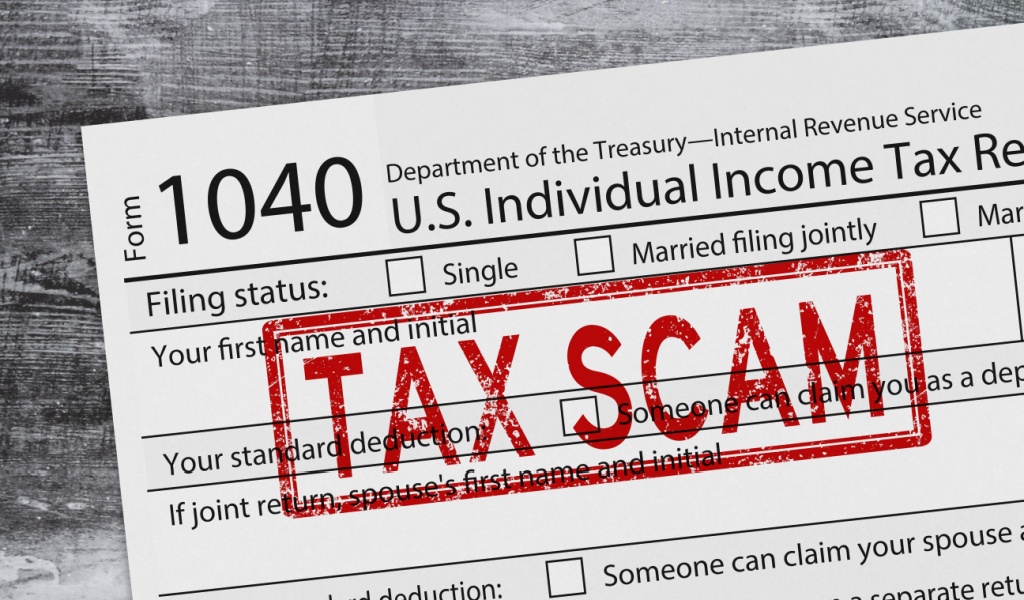With 2024 looming ever so close, most of us look forward to starting the new year with a list of resolutions. From making a list of resolutions such as eating healthier, working out more, reducing stress, and so on, there is plenty to be ticked off, with finances taking somewhat of a setback. Yes, we get it – revisiting your finances at the start of a new year may not be the most exciting thing, but financial wellness plays a huge role in your physical and mental health.
Typically, financial resolutions revolve around saving more, paying down debt, and spending less. However, as with most New Year resolutions, plans tend to fall off course within the first few months. This is why you must make intelligent financial resolutions that you can consistently stick to throughout the year.

Here are some simple but highly effective financial resolutions you can make for the New Year to set yourself up for financial success in 2024.
Set Up a Personal Budget
Restricting oneself to a budget can seem daunting for many people, but it’s a great way to have a better understanding of where your money goes every month. When you have a clear budget, you can limit what you can spend and identify areas you should reduce spending on.
Start by assessing your average monthly income and fixed expenses like groceries, rent/mortgage, etc. After that, determine your financial priorities for 2024 and work out a budget. For instance, if you have a massive purchase coming up, you could prioritize saving. Or if your goal is to build wealth, you can allocate a more significant chunk towards investment.
You can download a budgeting app to make the task easier. Most apps allow you to track your income and expenses and create personalized budgets so you know how to put your money to work.
Double-Check Your Emergency Fund
Everyone should have sufficient funds allocated separately to aid during unforeseen emergencies. This is particularly important during economic uncertainties such as a change in your employment situation or even an unexpected emergency like a hefty medical bill. The rule of thumb is to allocate three to six months’ worth of living expenses in a safe and liquid account to keep you afloat on a rainy day.
If you don’t have an emergency fund in place, prioritize this among your New Year resolutions for the upcoming year.
Keep a Watchful Eye on Your Debt
Walk into the New Year with the firm resolution that you won’t fall into debt. Even if you consider yourself good at managing debt, it’s recommended that you figure out ways to reduce and consolidate it even further. Ensure that you always keep your total debt load under a manageable threshold. You should also eliminate non-deductible, high-cost consumer debt. Actively try to pay off your credit card debts and stay away from borrowing any depreciating assets.
You can consolidate any remaining debt and swap different interest rates on multiple loans or credit lines for a potentially lower rate. Besides, when you reduce the loans you carry, it also simplifies your financial life and reduces money-related stress.

Stay On-track With Your Goals
Since most people fall out of their New Year resolutions a few months into the new year, one crucial pointer is to remind yourself to stay on track with your goals. This can be towards saving money or investing for an easy retirement.
Remember, the economic environment is not always stable, and some shifts in the market can throw you off course. Therefore, you must consistently work towards staying on track with your goals. This is easier said than done, which is also where financial advisors can be incredibly helpful because they can guide you towards new goals you should work on. It doesn’t have to be anything huge; simple progress is the way forward!
Update Your Estate & Insurance Plans
Many people tend to think that an estate plan is only for the wealthy. However, there are small steps every person should take to ensure the proper distribution of their assets. Without correct beneficiary designations, the fate of your assets may be decided by tax agencies and attorneys, and these fees can eat away at your assets and delay their distributions among your heirs. Prioritize having an estate plan consisting of a Last Will and Testament so that your assets will be distributed per your wishes. No one likes to think about dying, but it is inevitable, and you never know when your time will come!
You should also update and review any life insurance policies to ensure that there is enough coverage for your family’s financial needs. If your employer doesn’t offer an insurance policy, it’s best to purchase your own. Access and optimize your coverage to safeguard your wealth and your loved ones.
Optimize Your Portfolio
Everyone wants better investment results, but investing at the perfect time can be challenging. To get the best chance at success, you must design a plan that will help you to be disciplined across different markets. One way you can do this is by focusing on your overall investment mix by having a targeted asset allocation that is a well-proportioned combination of bonds, stocks, and cash in your portfolio. At the same time, diversification across and within asset classes can help reduce risk.
Another critical thing to do is to evaluate and rebalance your portfolio’s performance at least two times a year. When you approach your savings goal, such as retirement, you can reduce investment risk so you don’t have to sell more volatile investments like stocks when you need them.
Finally, you should select the correct benchmarks to measure investment performance that aligns with your goals and portfolio. As tempting as it may be, avoid comparing your portfolio to what performed best in the market the previous year. Remember, progress towards your goal is more important than selecting the perfect stocks each year, which, in all honesty, isn’t even possible to predict!



